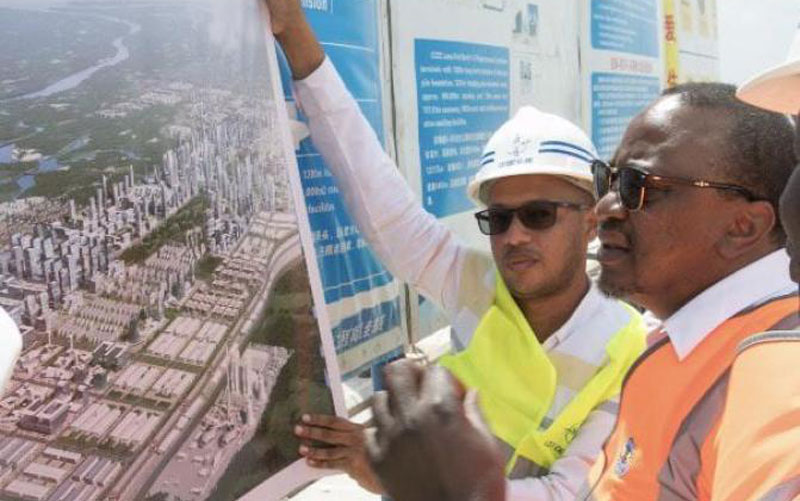×
The Standard e-Paper
Home To Bold Columnists

Former President Mwai Kibaki left his footprints all over the maritime industry at the Coast, players in the sector say.
Maritime experts said most Blue Economy projects, either complete or ongoing, were initiated by President Kibaki after he took over power in 2002. Among the initiatives are the building of the Lamu Port and the creation of the Kenya Maritime Authority (KMA), which regulates all maritime services.